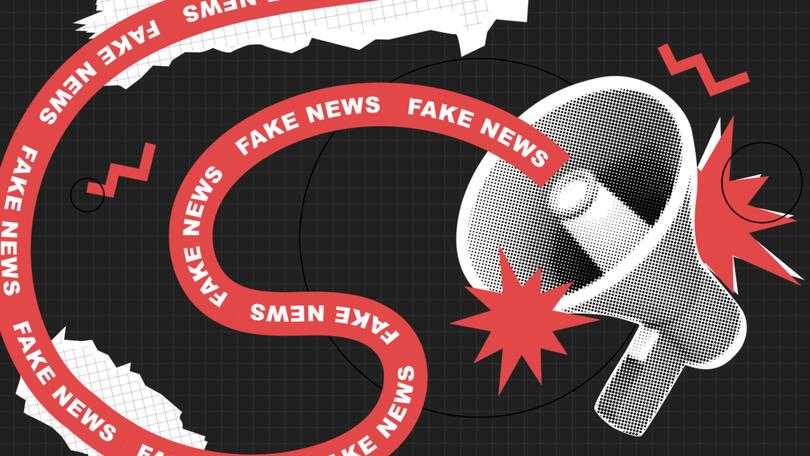MICHELLE ROWLAND: Time to crack down on harmful misinformation is now
MICHELLE ROWLAND: Seriously harmful misinformation and disinformation spreads at speed and scale across the digital world and research shows a growing number of Aussies are concerned. The time to act is now.

Seriously harmful misinformation and disinformation spreads at speed and at scale across the digital world. Recent events in Australia and abroad demonstrate the real-world impact this is having on the social cohesion and safety of communities.
Conspiracy theories that go from fringe to mainstream like the notion that 5G towers were circulating COVID-19, for example. Dangerous, unproven health remedies spruiked by social media influencers to make a quick buck.
Assertions that election processes are being rigged, or the social unrest fuelled by misinformation around the identity of the perpetrators of the appalling knife attacks in Sydney and Southport in the UK.
Sign up to The Nightly's newsletters.
Get the first look at the digital newspaper, curated daily stories and breaking headlines delivered to your inbox.
By continuing you agree to our Terms and Privacy Policy.While misinformation and disinformation may be shared by well-intentioned people who believe the information is credible, it is often spread with intent to do harm. Bad actors use bots and troll farms to disseminate falsehoods to interfere in our democracy, economy and society.
Artificial intelligence is turbocharging the spread through manipulated text, images and audio. Smartphones put this technology in the palm of our hands.
Addressing the surge of harmful misinformation and disinformation is a significant issue for governments and society worldwide. It must be reckoned with because if left unchecked, it will undermine our way of life as we know it.
Research shows a growing number of Australians — 80 per cent according to a 2024 survey by the Australian Media Literacy Alliance — are concerned and want action.
Parliaments and regulators are concerned. The Parliamentary Select Committee on Foreign Interference through Social Media highlighted risks posed to Australia’s democracy by foreign interference through social media.
The Australian Competition and Consumer Commission (ACCC) and the Australian Communications and Media Authority (ACMA) have also expressed concern and the need for action.
There is considerable public interest in this issue. We received more than 24,000 responses to the public consultation on the draft Bill, which generated important debate around freedom of expression and the need for greater transparency and oversight of digital platforms.
We consulted widely with stakeholders to further refine the draft Bill to, among other things, reinforce protections to safeguard freedom of speech, strengthen transparency and accountability requirements for digital platforms and provide additional parliamentary oversight.
The Communications Legislation Amendment (Combatting Misinformation and Disinformation) Bill 2024 will hold big tech to account while balancing the freedom of expression.
The good news is that some digital and social media platforms are already taking action. Six platforms have signed up to the Australian Code of Practice on Disinformation and Misinformation. They may, for example, detect misinformation and disinformation on their platforms, have it fact-checked, labelled or even removed.
The bad news is that industry efforts are inconsistent and some platforms are shirking their responsibilities completely. An independent review of the Code developed by industry found efforts by platforms to improve transparency have stalled.
This is why the Albanese Government is empowering the regulator to compel information from digital platforms and require them to lift their game.
Should self-regulation through the voluntary Code fail to address the threat posed, the ACMA can enforce new standards and apply penalties for breaches.
The Bill is focused on combatting the most seriously harmful content, and contains strengthened protections for freedom of speech, so fundamental to democracy.
Nothing in the Bill enables the ACMA to take down individual pieces of content or user accounts.
It’s focused on a system-level approach and platforms will remain responsible for managing the content on their services.
The Bill will enable the ACMA to require digital platforms to be tough on very serious kinds of disinformation involving inauthentic behaviour such as bots or troll farms.
The powers will not apply to professional news content, parody or satire or the reasonable dissemination of content that is for academic, artistic, scientific or religious purposes.
The Australian Government’s number one priority is keeping our citizens and our democracy safe from harm. These laws are an important step to ensure this.
Doing nothing would be an abrogation of responsibility by Government and Parliament.
The time to act on harmful misinformation and disinformation is now.
